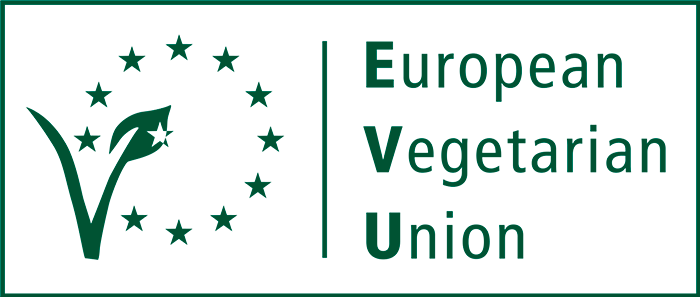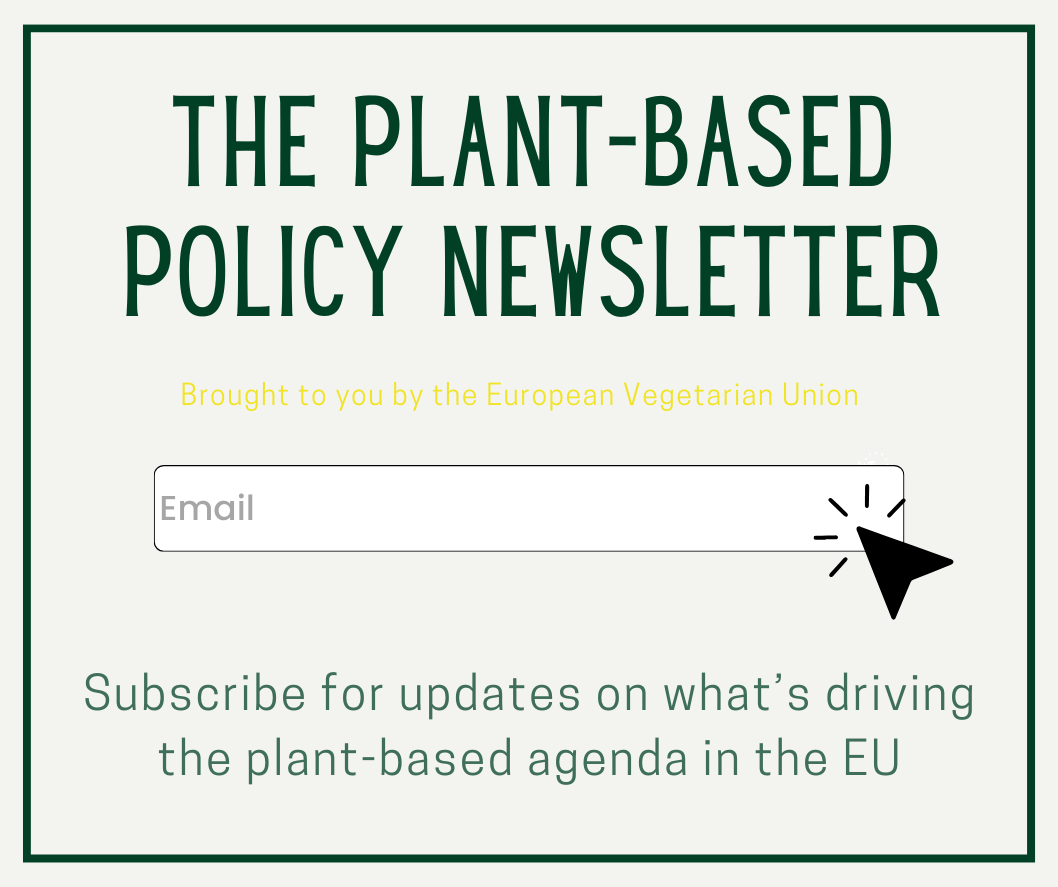As the European Union gears up for the June 2024 elections, the future of the European Green Deal hangs in the ballot. The European Commission has taken steps that weaken the ambitions of the Green Deal and other key EU legislation. The recent dilution of environmental standards in the Common Agricultural Policy (CAP), underscores a concerning trend towards weakening the EU’s environmental commitments and leaving the “Farm to Fork Strategy” behind. This backtracking not only threatens the sustainability of European agriculture but also undermines the EU’s climate goals and puts farmers’ well-being, wealth, and security at greater risk.
The Green Deal aims to position Europe as a leader in the global transition to a green economy. Yet, as these policies face pushback from various stakeholders, the European Vegetarian Union (EVU) calls for a renewed focus on sustainable agriculture and plant-based solutions as central pillars of the Green Deal.
As countries such as France, Spain, Poland, Italy, and Belgium face protests and resistance to environmental policies by farmers, national governments and the Commission have so far tended to bend the knee and accept derogations, water down core legislation, or approve the postponement of laws. This was particularly evident in the move by Agriculture Commissioner Janusz Wojciechowski to have the phrase “diversified protein intake” removed from the 2040 climate proposal report published by the Commission. This exacerbates the already worrying fact that within the EU’s Green Deal, the Farm To Fork strategy ranks as one of the initiatives with the lowest rate of implementation. It also stands to show the lack of a strategy to promote Europe’s pulse and protein crop farmers as well as support healthier diets.
However, such environmental derogations serve to support unsustainable production methods, directly contradicting the scientific consensus on the need for greener, more sustainable agricultural practices. The EVU stands with the scientific community in asserting that rolling back environmental regulations to boost food production is a counterproductive strategy. It not only fails to address the current crisis but also risks exacerbating future food security challenges by making our food systems more vulnerable to climate change impacts.
The threat of climate change to European agriculture cannot be overstated. As detailed in a United Nations Intergovernmental Panel on Climate Change report, climate change is expected to significantly impact all four pillars of food security: availability, access, utilisation, and stability.
In light of these challenges, the EVU reiterates the call for an accelerated shift towards sustainable agricultural policies and practices. Our Plant-Based Manifesto outlines a vision for a food system that prioritises plant-based production and consumption, not just as a matter of personal choice, but as a critical aspect of climate mitigation strategies. It offers a concrete blueprint for how the EU can build a resilient, crisis-proof agricultural sector that supports both the environment and well-being of its farmers.


